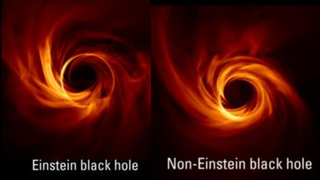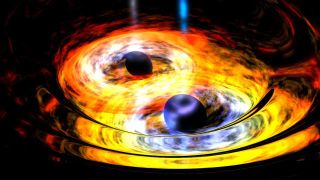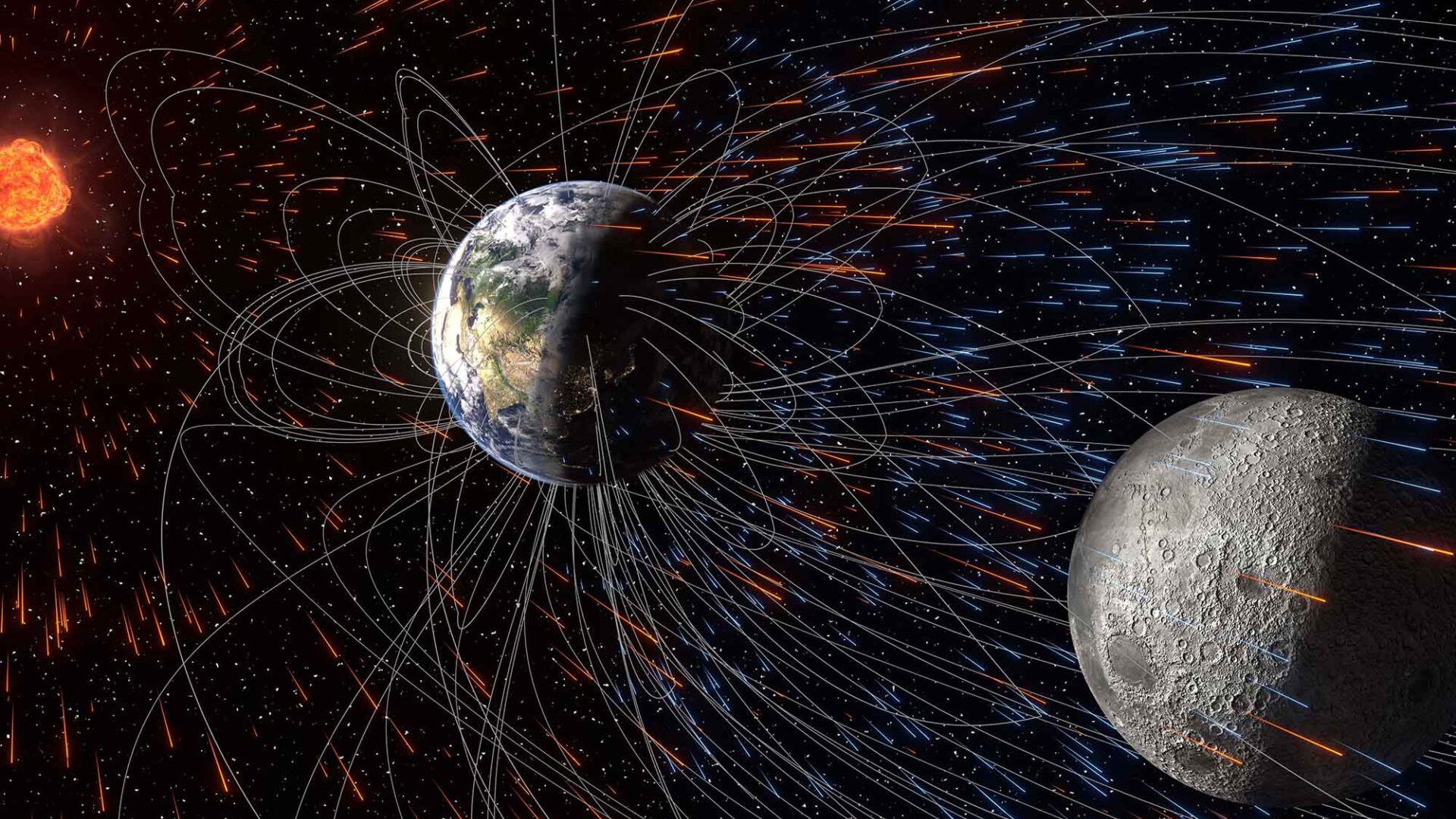Black Holes
Latest about Black Holes
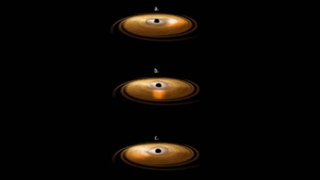
Einstein's right again! Scientists catch a feasting black hole dragging the very fabric of spacetime
By Robert Lea published
"This is a real gift for physicists as we confirm predictions made more than a century ago."
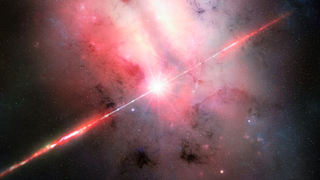
This 7-hour cosmic explosion is the longest gamma-ray burst ever seen. Could it be from an elusive class of black hole?
By Robert Lea published
"This is certainly an outburst unlike any other we've seen in the past 50 years."
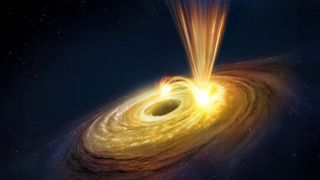
This supermassive black hole flung out matter at 134 million mph: 'On a scale almost too big to imagine'
By Kiona N. Smith published
In other words, the matter traveled at 20% the speed of light.
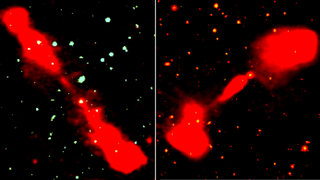
Scientists discover 53 powerful quasars shooting out jets up to 50 times wider than our Milky Way
By Robert Lea published
"The sizes of these radio jets are not comparable to our solar system or even our galaxy."
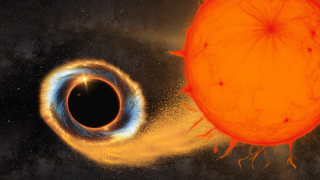
NASA exoplanet-hunting spacecraft hears a red giant star 'singing' to its partner black hole
By Robert Lea published
NASA's exoplanet-hunting spacecraft TESS has heard the song a star-quaking red giant sings to its partner black hole.
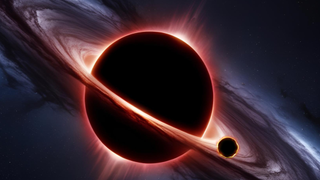
Have gravitational waves provided the first hint of primordial black holes born during the Big Bang?
By Robert Lea published
Scientists may have "heard" the first tantalizing evidence of primordial black holes formed directly from overly dense pockets of matter just after the Big Bang.
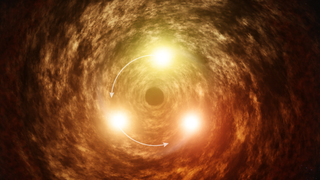
James Webb Space Telescope watches our Milky Way galaxy's monster black hole fire out a flare
By Robert Lea published
"In order to get such high sensitivity in the mid-infrared, one needs to go to space, as the atmosphere severely messes up ground-based observations at this wavelength."
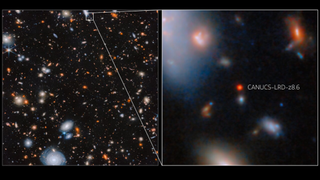
James Webb Space Telescope spots rapidly feeding supermassive black hole in the infant universe: 'This discovery is truly remarkable.'
By Robert Lea published
"This challenges our understanding of black hole and galaxy formation in the early universe."
Breaking space news, the latest updates on rocket launches, skywatching events and more!
